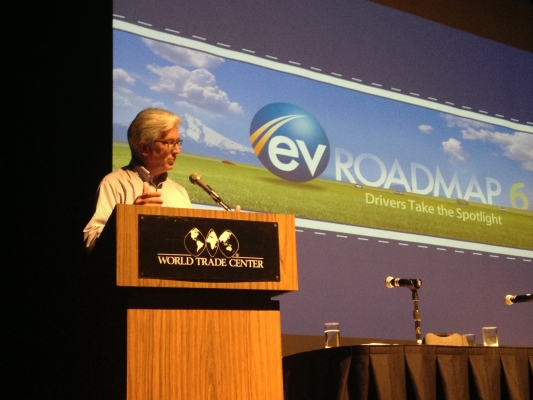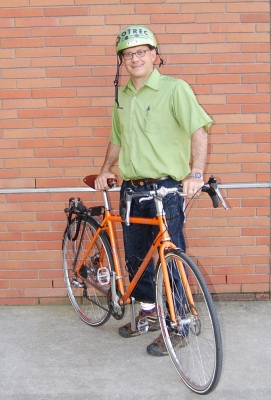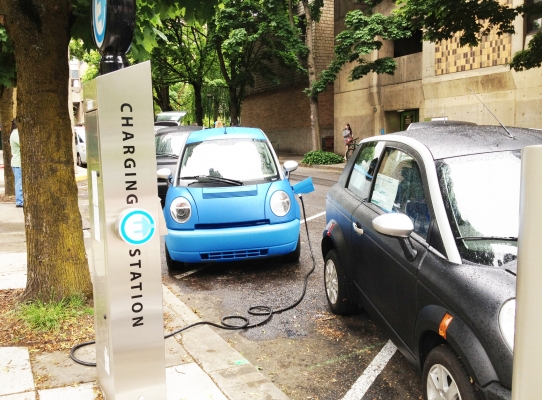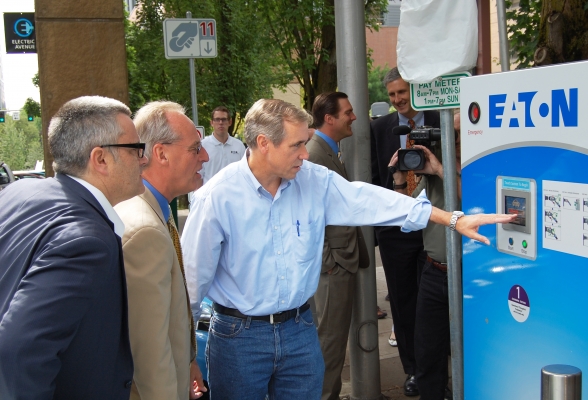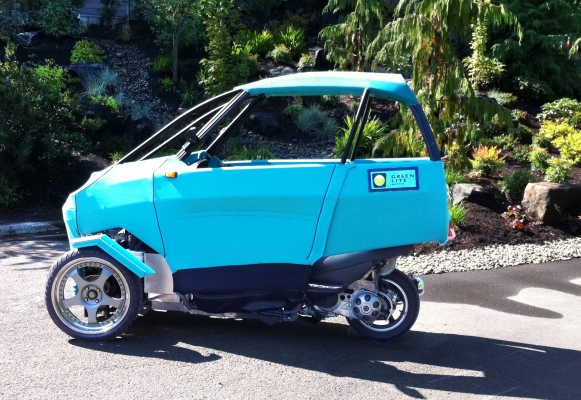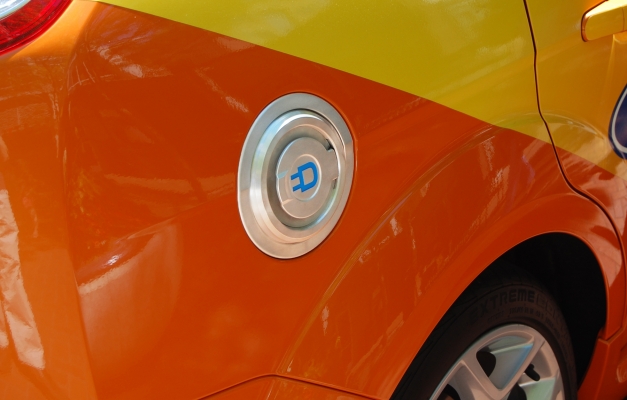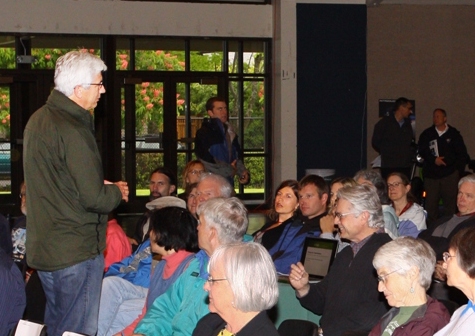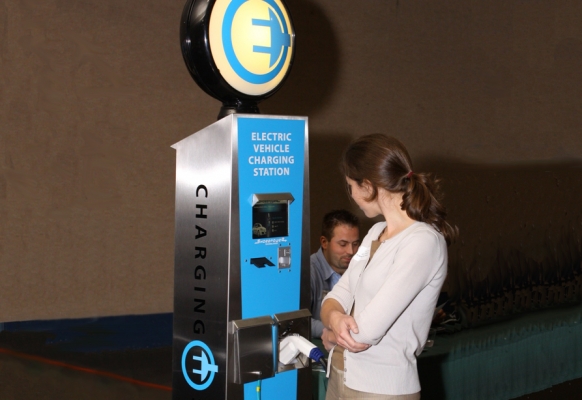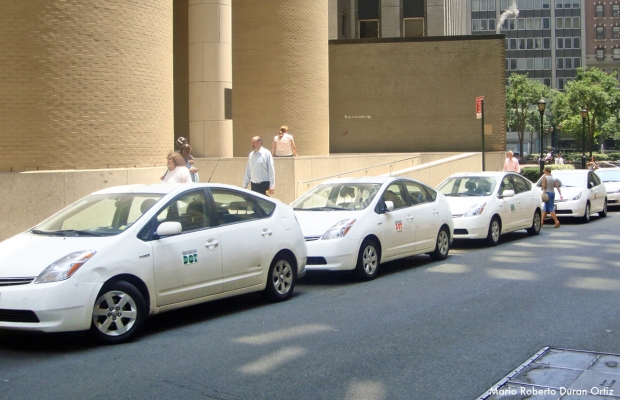John MacArthur, OTREC’s Sustainable Transportation Program Manager, was a panel moderator at this year's EVRoadmap 6 workshop.
The EV Roadmap workshop series has established itself as the Pacific Northwest’s premier electric vehicle gathering, with a goal of increasing the visibility and understanding of electric vehicles.
Co-sponsored by Portland General Electric and Portland State University, the event supports the shared goal of building a stronger, more sustainable transportation landscape.
The sixth annual EV Roadmap workshop, "Drivers Take the Spotlight," was a continuation of this fruitful partnership. The event was held at the World Trade Center in Portland on July 30-31, 2013. MacArthur moderated a panel titled "Not All Drivers Need Four Wheels." This panel focused on odd-sized electric vehicles such as e-bikes.
E-bikes are a specialty of MacArthur's; he has conducted several research studies about people's use and perceptions of the electric-assisted bicycle. His project "Evaluation of Electric Bike Use in Portland Metro Region" (click here for more information about that project, or to download the final report) focused on exploring the potential new market segments for e-bikes and the economic, operational, safety, and...
Read more
